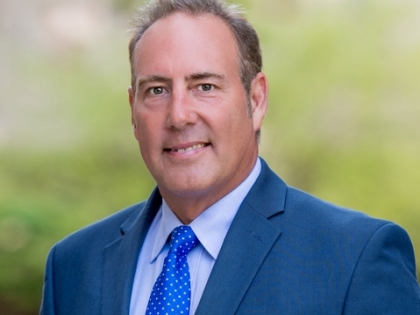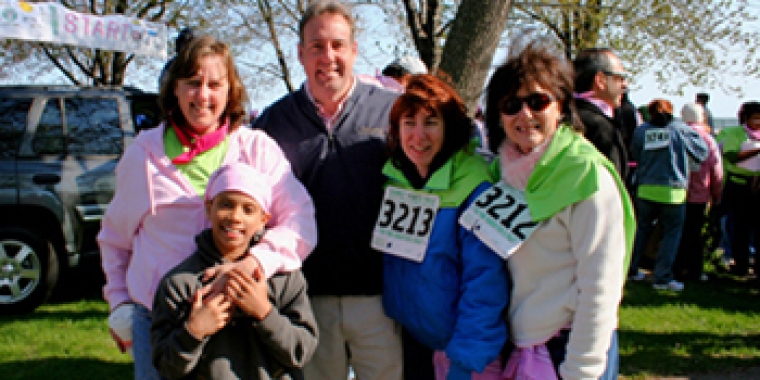
October Is Breast Cancer Awareness Month

Any New Yorker with concerns about breast cancer is urged to call the Adelphi New York Statewide Breast Cancer Hotline and Support Program at 800-877-8077. For 27 years this program has been offering information and emotional support to women, men, and their families. Trained volunteers who are all breast cancer survivors staff the hotline.
"We can direct callers to resources in their own community and also provide telephone support through our social workers and volunteers," says Hillary Rutter, LCSW, the director of the program.
Rutter urges women to call the hotline at 800-877-8077, to discuss any concerns about breast cancer. "Help is just a phone call away," she says.
The program is supported with grants from the New York State Legislature and the New York State Department of Health, as well as contributions from individuals and foundations.
Breast cancer is one of the most common cancers among women in New York State, and nationally, is the leading cause of cancer deaths in women between the ages of 15 and 54. The single most important factor in the successful treatment of cancer is early detection.
"Women are so busy taking care of their families that they often neglect taking care of themselves," stated Senator Robach. "I urge all women who need assistance to contact the hotline, which provides a valuable resource in our community and has been helping women in need for over two decades."
Risk Factors For Breast Cancer
There are certain characteristics that are associated with getting breast cancer. They include:
Age
- 77% of all breast cancer cases occur in women age 50 and older;Beginning menstrual periods before age 12;
Late age when menopause begins;
History
of breast cancer in close relative, such as a mother or sister;Never giving birth;
First giving birth after age 30; or
High radiation exposure
to the breast, which would occur if a woman had tuberculosis (TB) or scoliosis (curvature of the spine) and had many X-rays taken.Symptoms of Breast Cancer
Early breast cancer usually does not cause pain. In fact, when breast cancer first develops, there may be no symptoms at all. But as the cancer grows, it can cause changes that women should watch for:
A lump or thickening in or near the breast or in the underarm area.
A change in the size or shape of the breast.
A discharge from the nipple.
A change in the color or feel of the skin of the breast, areola, or nipple.



